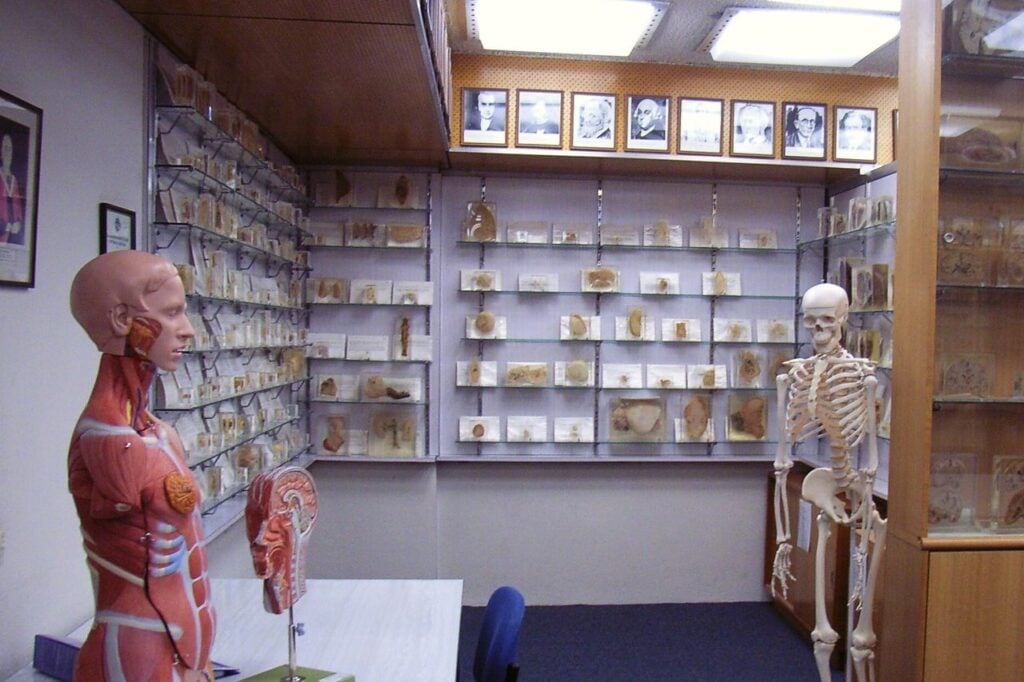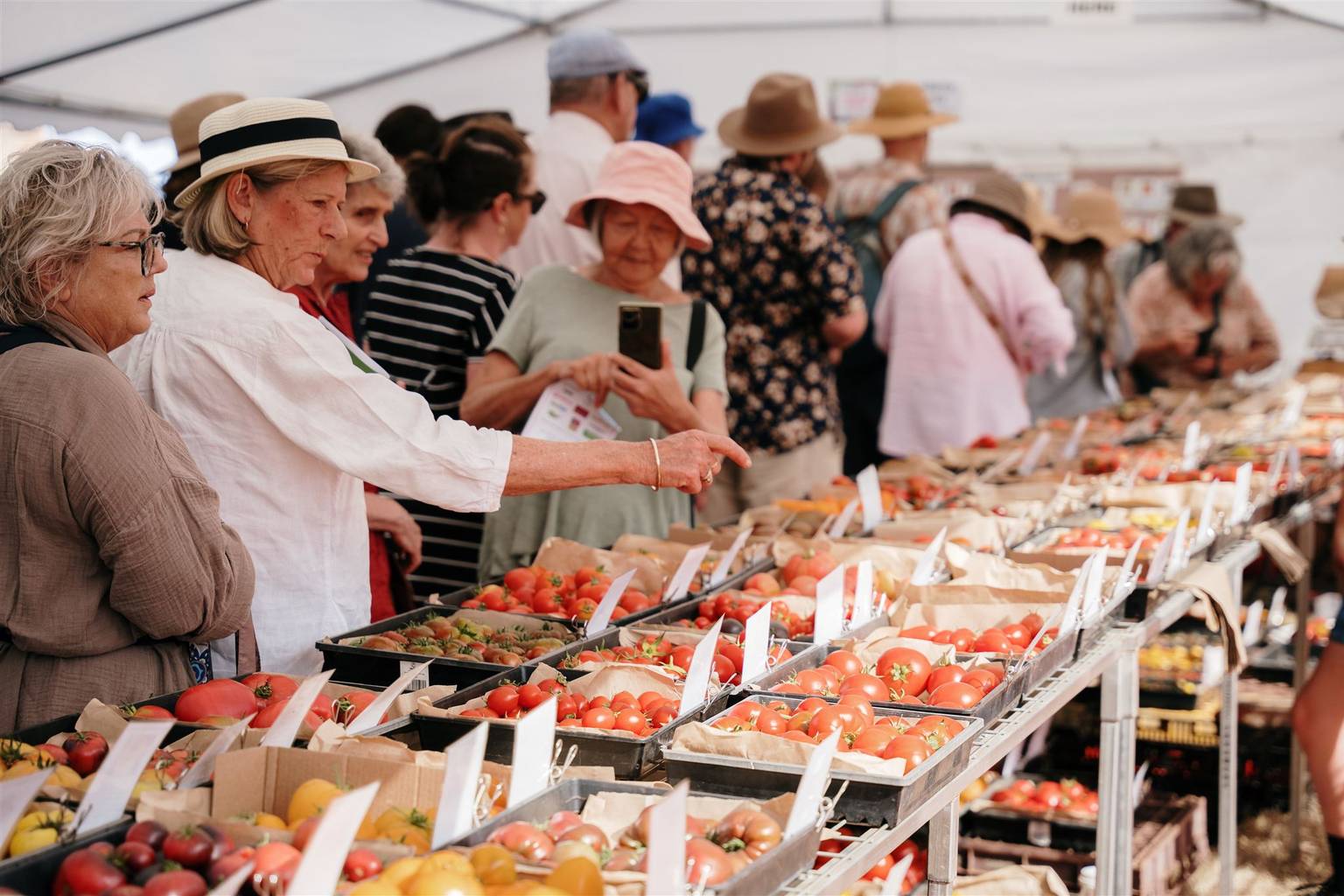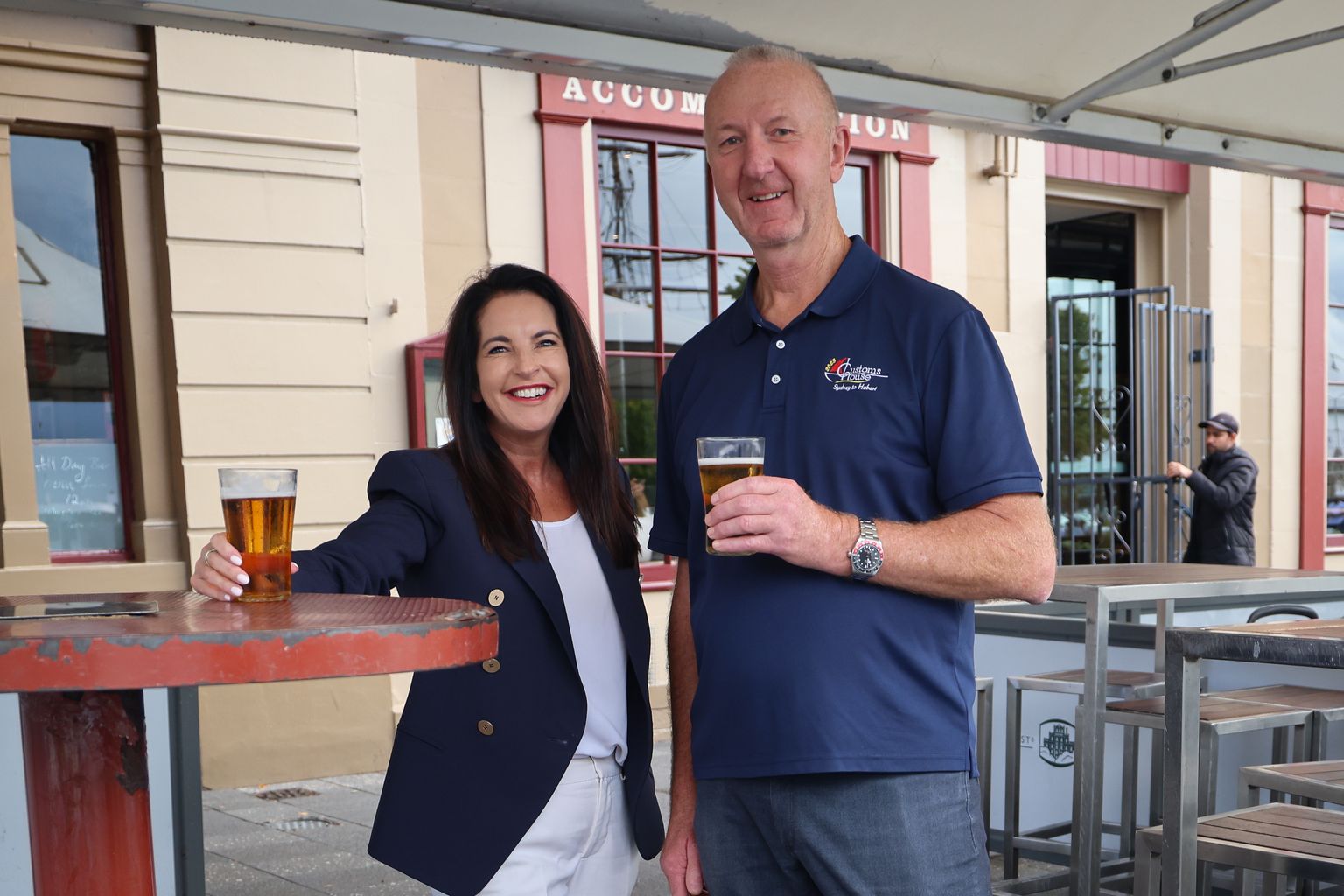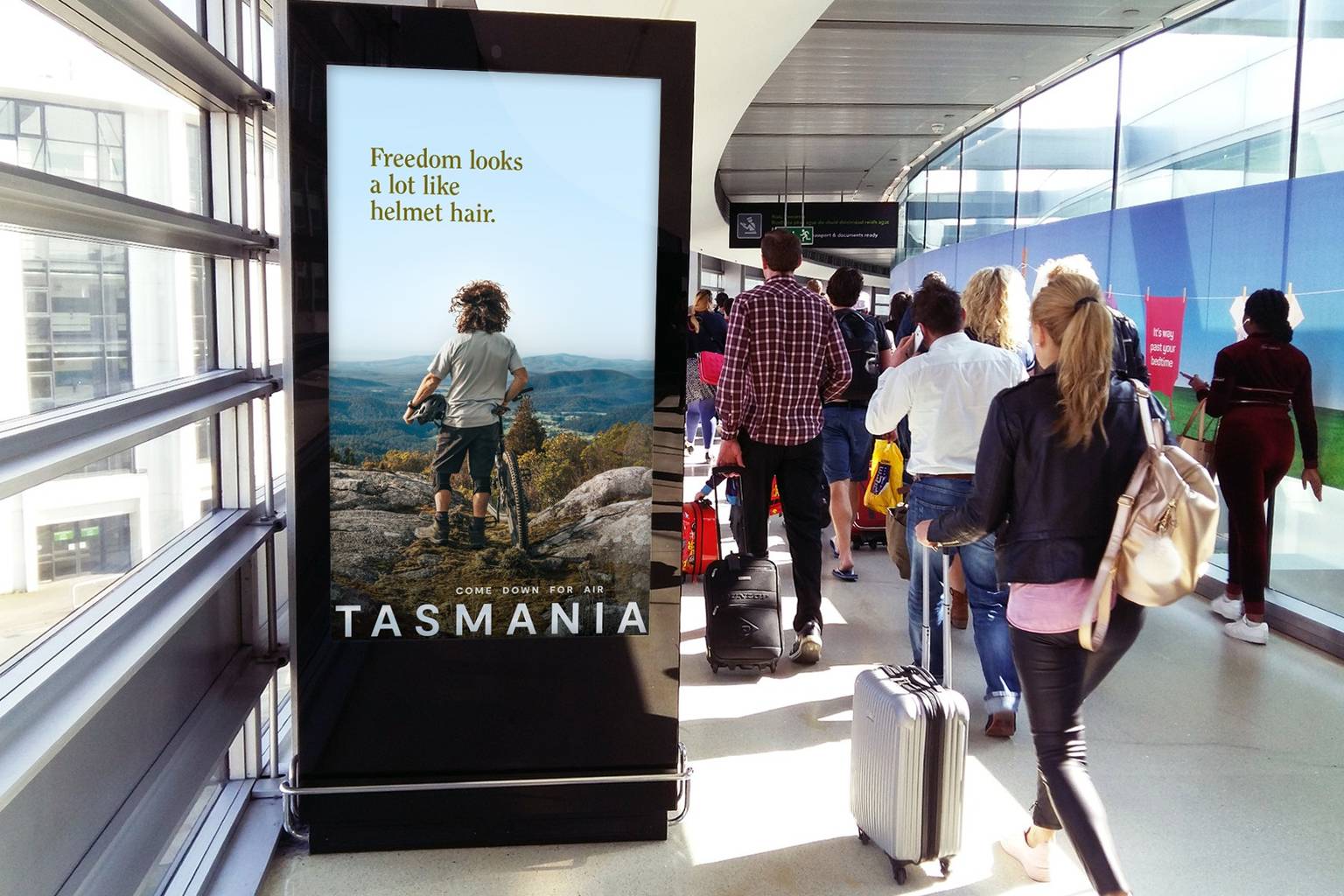The Tasmanian government will apologise to families after a coroner found human body parts were unlawfully kept at a Hobart pathology museum for decades.
Attorney-General Guy Barnett told parliament the government would develop a formal apology in consultation with those affected, with all MPs invited to contribute.
“It is the intention of the government to provide a further update to parliament on this process and other actions … before the end of the year,” he said.
Coroner Simon Cooper found in September that 177 specimens of human remains were kept without lawful authority or consent between the 1950s and early 1990s at the R.A. Rodda Museum of Pathology.
“It appears at this stage that now-dead forensic pathologist Dr Royal Cummings was the person who provided the large majority of coronial specimens to the museum,” Cooper found.
He noted, however, that Dr Cummings’ predecessors and successors also appeared to have been involved.
The coroner found pathologists may have actively sourced specimens from coronial autopsies for the museum, with the practice finally ending in 1997.
Cooper ruled the retention breached the Coroners Act, which only permits body parts to be removed or kept to investigate a cause of death.
Barnett said he had referred the matter to the Director of Public Prosecutions and Tasmania Police.
“I advise that following the release of the Coroner’s report, I wrote to both the Director of Public Prosecutions and Tasmania Police to make them aware of the report and for their consideration of this matter,” he said.
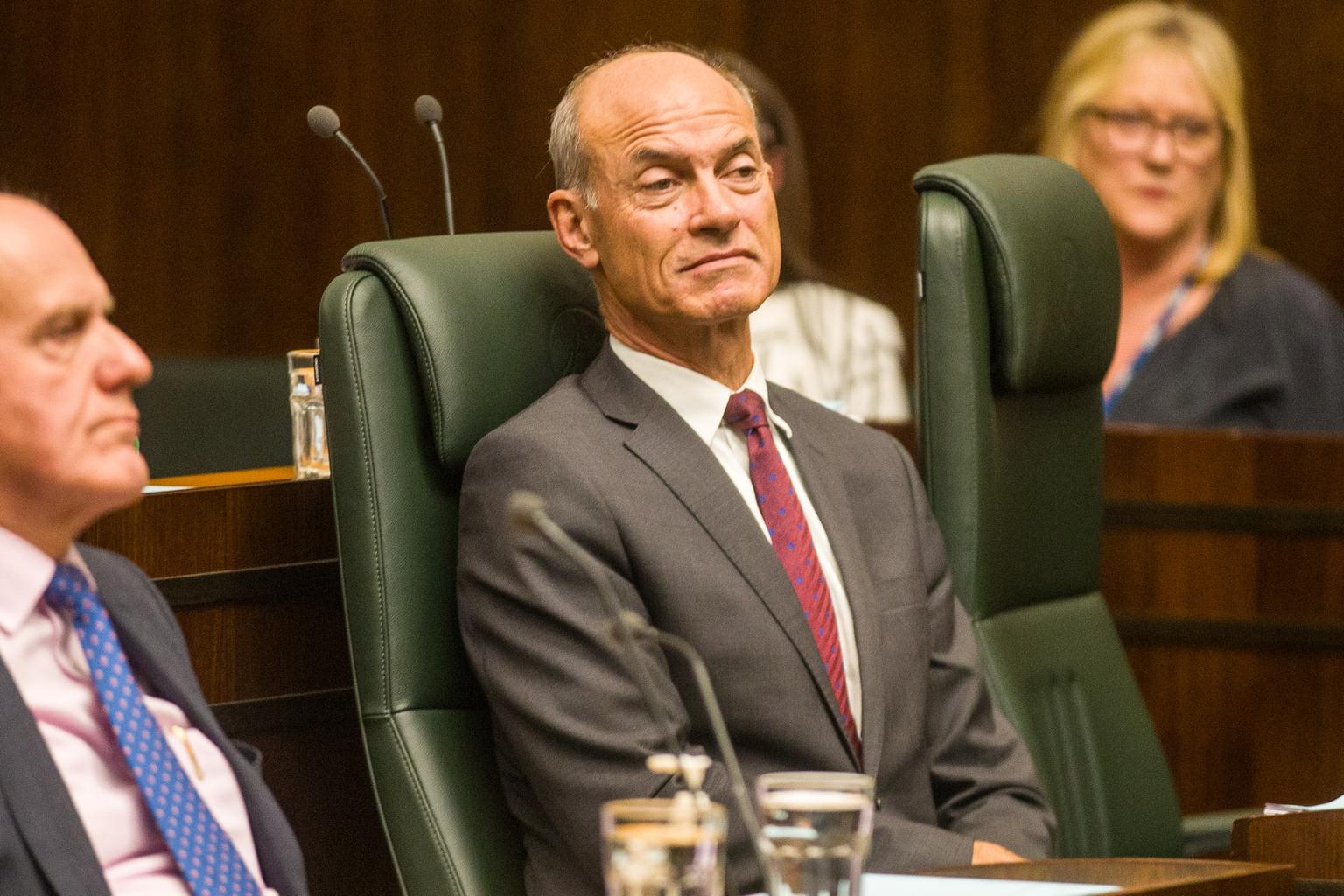
Health Minister Bridget Archer has directed her department to identify any employees from the 1950s to early 1990s who may have been involved in the unauthorised retention.
Barnett acknowledged the findings had been deeply distressing for families.
“I acknowledge how traumatic and devastating the recent coronial processes and revelations that have occurred have been for families,” he said.
The museum, established in 1966 by Professor Roland A. Rodda, houses pathology specimens used to teach medical students at the University of Tasmania.
Around 100 cases were identified through a lengthy investigation, with retained specimens disposed of in line with families’ wishes.
A review of the Coroners Act 1995 is under way through the Tasmanian Law Reform Institute, with affected families invited to contribute.

